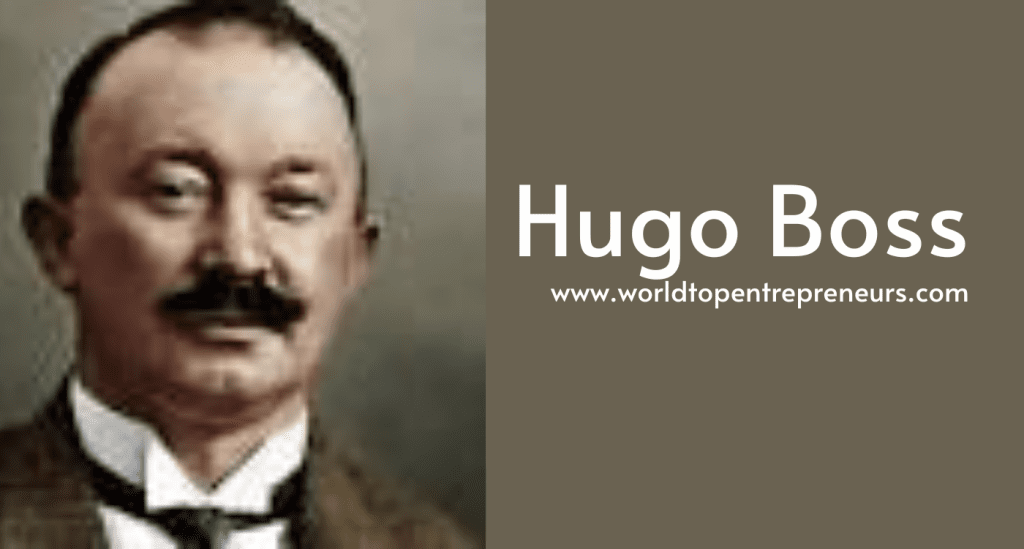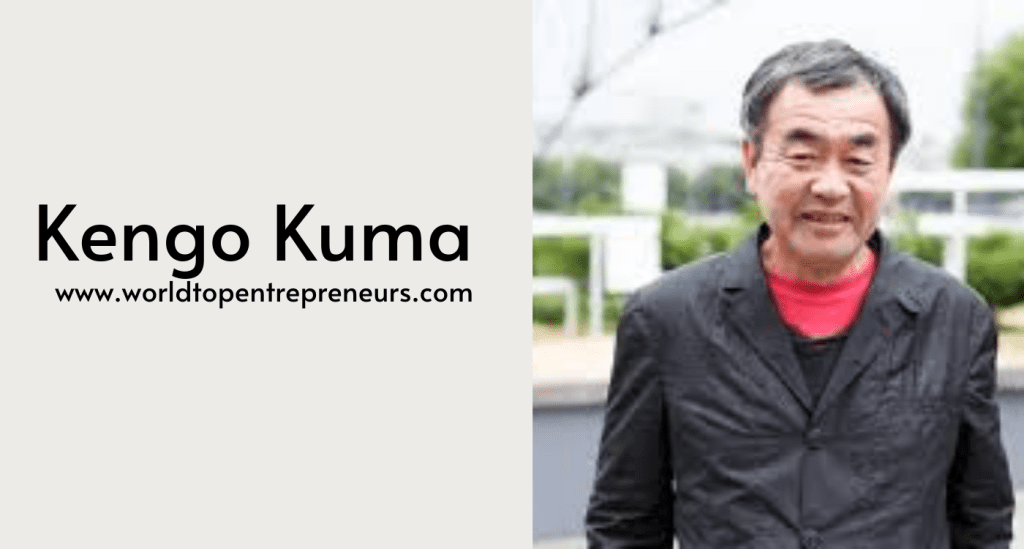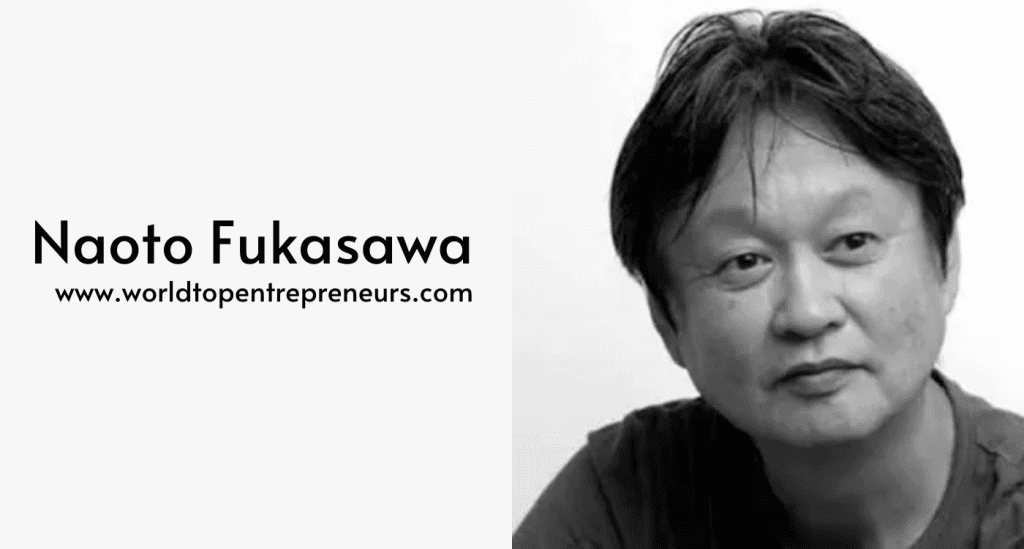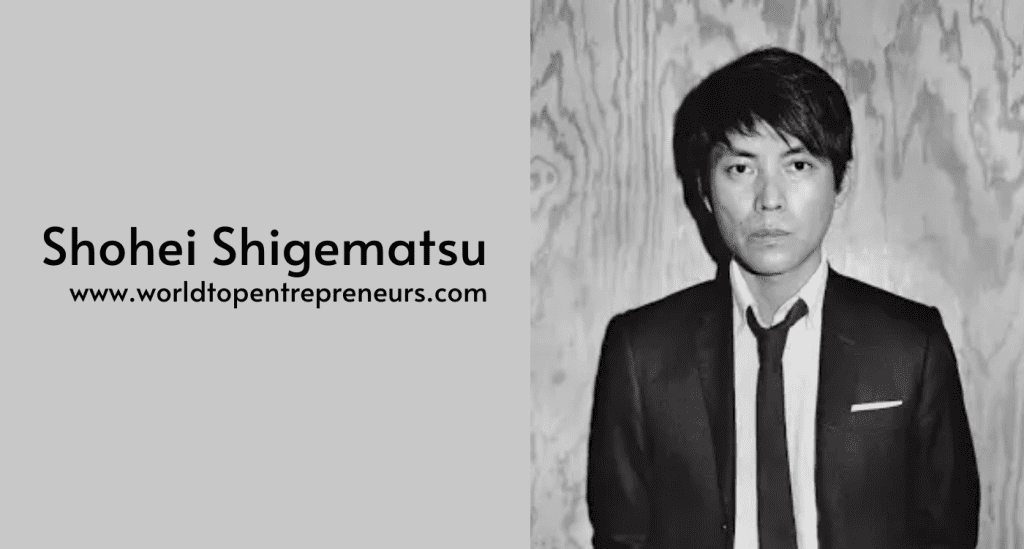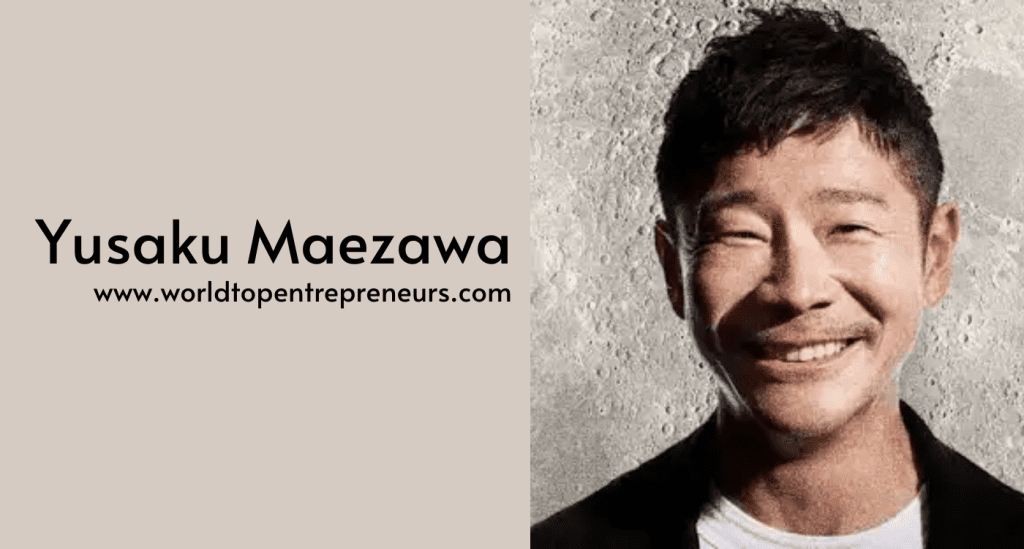In the realm of fashion, few names carry the gravitas and prestige that Hugo Boss does. Founded by Hugo Ferdinand Boss in 1924, the brand has become synonymous with elegance, sophistication, and impeccable craftsmanship. But the story of Hugo Boss is more than just about luxury suits and stylish clothing; it’s a tale of innovation, resilience, and transformation. This article delves into the life of Hugo Boss, the origins of his eponymous brand, and the journey that turned a small German tailor shop into a global fashion powerhouse.
Early Life and Background
Hugo Ferdinand Boss was born on July 8, 1885, in Metzingen, a small town in southwestern Germany. Growing up in a modest family, Hugo’s early life was marked by the challenges of post-World War I Germany. Despite these hardships, Hugo had a strong inclination toward tailoring, a craft that was both an art and a livelihood in his hometown.
Boss’s early experiences were grounded in traditional craftsmanship. At the age of 22, he began an apprenticeship with a local tailor, where he learned the intricacies of the trade. The skillset he acquired during this period laid the foundation for what would later become a global fashion empire. His dedication and attention to detail earned him a reputation for quality and precision, traits that would become hallmarks of his future brand.
Founding of Hugo Boss
In 1924, Hugo Boss established his own tailoring business in Metzingen. The timing was fortuitous; the Roaring Twenties were a period of economic prosperity and cultural change, with fashion becoming an increasingly important aspect of personal and professional identity. Boss’s new venture, originally named “Hugo Boss – Garments for Men,” was well-positioned to capitalize on these trends.
The initial focus of the business was on producing high-quality workwear and uniforms. The company quickly gained a reputation for its exceptional craftsmanship and attention to detail. Boss’s early designs were tailored for both functionality and style, catering to a diverse clientele that included businessmen, professionals, and members of the military.
The Evolution Through World War II
The 1930s brought significant changes to Germany, and Hugo Boss’s business was not immune to the shifting political landscape. The rise of the Nazi regime and the onset of World War II had a profound impact on the country and its industries. Boss’s company, like many others, had to adapt to the demands of the wartime economy.
During this period, the company shifted its focus to manufacturing military uniforms. Hugo Boss’s firm became an official supplier for the Nazi regime, producing uniforms for various branches of the armed forces, including the SS and the Hitler Youth. This association with the Nazi regime has been a subject of controversy and scrutiny in subsequent years.
After World War II, the company faced significant challenges. The immediate post-war period was marked by economic instability and a tarnished reputation due to its wartime activities. However, the resilience and adaptability of Hugo Boss were evident as the company navigated these difficult times.
Post-War Revival and Expansion
The post-war era marked the beginning of a new chapter for Hugo Boss. In 1948, the company was restructured under the leadership of Hugo Boss’s son-in-law, Eugen Holy. The focus shifted from military uniforms to civilian clothing, with an emphasis on quality and sophistication.
The 1950s and 1960s were pivotal decades for Hugo Boss as the brand began to establish itself in the fashion industry. The company’s commitment to producing high-quality suits and elegant apparel resonated with a growing market of discerning customers. The introduction of the “Hugo Boss” label became synonymous with impeccable tailoring and timeless style.
The brand’s reputation for excellence was further solidified with the introduction of its first ready-to-wear collection in the 1970s. This move marked a significant shift in the fashion industry, as Hugo Boss adapted to changing consumer preferences and the rise of mass production.
The Global Expansion
The 1980s and 1990s were transformative decades for Hugo Boss as the company embarked on a global expansion strategy. The brand’s focus on high-quality fashion, combined with strategic marketing and distribution efforts, led to increased recognition and growth in international markets.
The introduction of the iconic “Boss” and “Hugo” sub-brands was a key component of this expansion strategy. The “Boss” line represented the classic, sophisticated side of the brand, while the “Hugo” line offered a more youthful and contemporary style. This diversification allowed Hugo Boss to appeal to a broader range of customers and establish a strong presence in both traditional and emerging markets.
During this period, the company also expanded its product offerings to include accessories, fragrances, and sportswear. The launch of the Hugo Boss fragrance line in 1985 was particularly successful, with the brand’s signature scents becoming popular among consumers worldwide.
The Modern Era: Innovation and Reinvention
Entering the 21st century, Hugo Boss faced the challenge of staying relevant in a rapidly evolving fashion industry. The brand’s leadership recognized the need for innovation and reinvention to maintain its competitive edge.
Under the leadership of CEO Bruno Sälzer, who took the helm in 2008, Hugo Boss embarked on a strategic transformation plan. The company focused on enhancing its digital presence, improving customer experiences, and expanding its product lines. This period saw the introduction of new collections, including high-performance sportswear and luxury accessories.
The brand also embraced sustainability and ethical practices, aligning with broader industry trends and consumer expectations. Hugo Boss committed to reducing its environmental impact through initiatives such as sustainable sourcing and production processes. The company’s efforts to promote social responsibility and transparency have been integral to its ongoing success.
In recent years, Hugo Boss has continued to innovate with the introduction of new technology and design concepts. The brand’s emphasis on digitalization and e-commerce has allowed it to reach a global audience and provide a seamless shopping experience for customers.
Legacy and Influence
Hugo Boss’s legacy extends beyond the brand’s success and global recognition. His influence on the fashion industry is evident in the continued popularity and relevance of his eponymous label. The company’s commitment to quality, innovation, and style remains at the heart of its operations.
Hugo Boss’s impact is also reflected in the company’s corporate culture and values. The brand’s emphasis on excellence, craftsmanship, and attention to detail is a testament to Boss’s original vision. The company’s ongoing dedication to these principles ensures that the Hugo Boss name continues to represent sophistication and elegance.
The brand’s influence extends to various aspects of modern fashion, from its iconic suits and tailored apparel to its cutting-edge accessories and fragrances. Hugo Boss’s ability to adapt to changing trends and consumer preferences has cemented its position as a leader in the fashion industry.
Philanthropy and Community Engagement
In addition to its success in fashion, Hugo Boss has been involved in various philanthropic and community engagement efforts. The company supports a range of charitable causes and initiatives, including education, health, and social welfare.
Hugo Boss’s commitment to giving back to society is reflected in its support for various organizations and projects. The brand’s philanthropic efforts include partnerships with non-profit organizations, donations to charitable causes, and support for community-based initiatives. These efforts align with the company’s values and reflect its dedication to making a positive impact on the world.
Conclusion
Hugo Boss’s journey from a small tailor shop in Metzingen to a global fashion icon is a testament to his vision, resilience, and innovation. The brand he founded has become synonymous with elegance, sophistication, and impeccable craftsmanship. Through its commitment to quality, style, and sustainability, Hugo Boss continues to influence the fashion industry and inspire future generations.
The story of Hugo Boss is not just about a successful business but also about a legacy of excellence and a dedication to making a positive impact on the world. As the brand continues to evolve and adapt to new trends and challenges, it remains a symbol of timeless style and enduring sophistication. The legacy of Hugo Boss serves as a reminder of the power of vision and perseverance in shaping the future of fashion.

